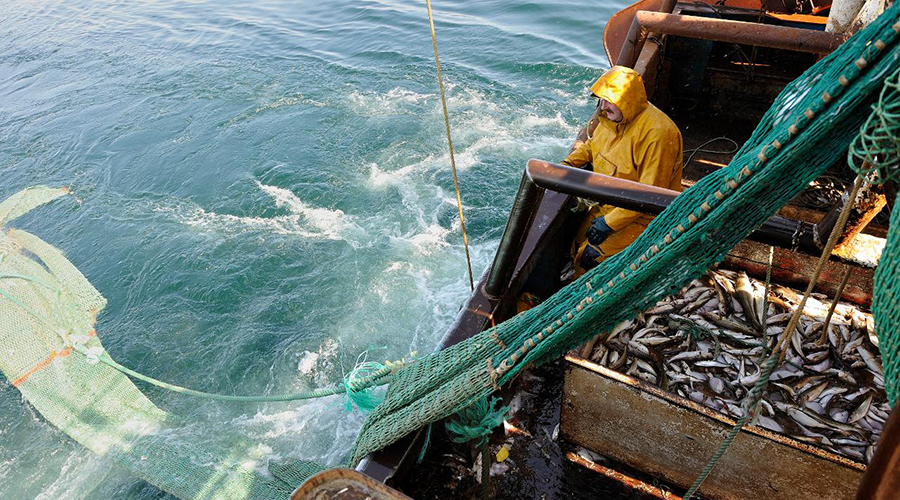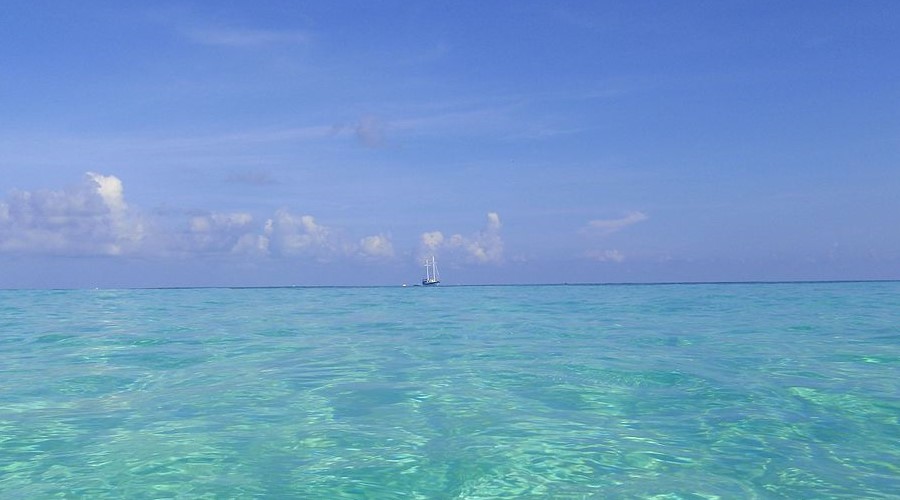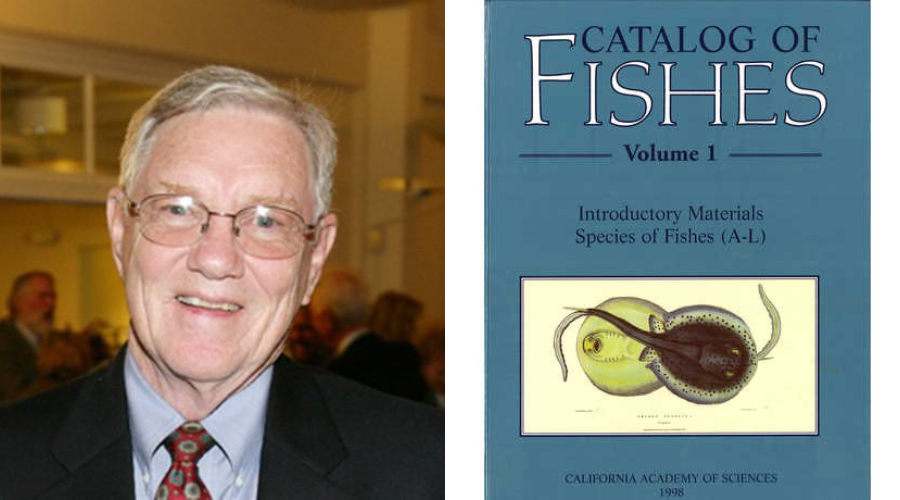
Daniel Pauly at the Aristotle University of Thessaloniki, September 2024. Photo by Valentina Ruiz-Leotaud.
In the heat of summer in central Greece, the Aristotle University of Thessaloniki hosted the 22nd FishBase and SeaLifeBase Symposium.
Titled “Fishes in Changing Ecosystems,” the two-day event started on September 2, 2024, with a full day dedicated to some of the overarching themes the Sea Around Us team is doing research on.





